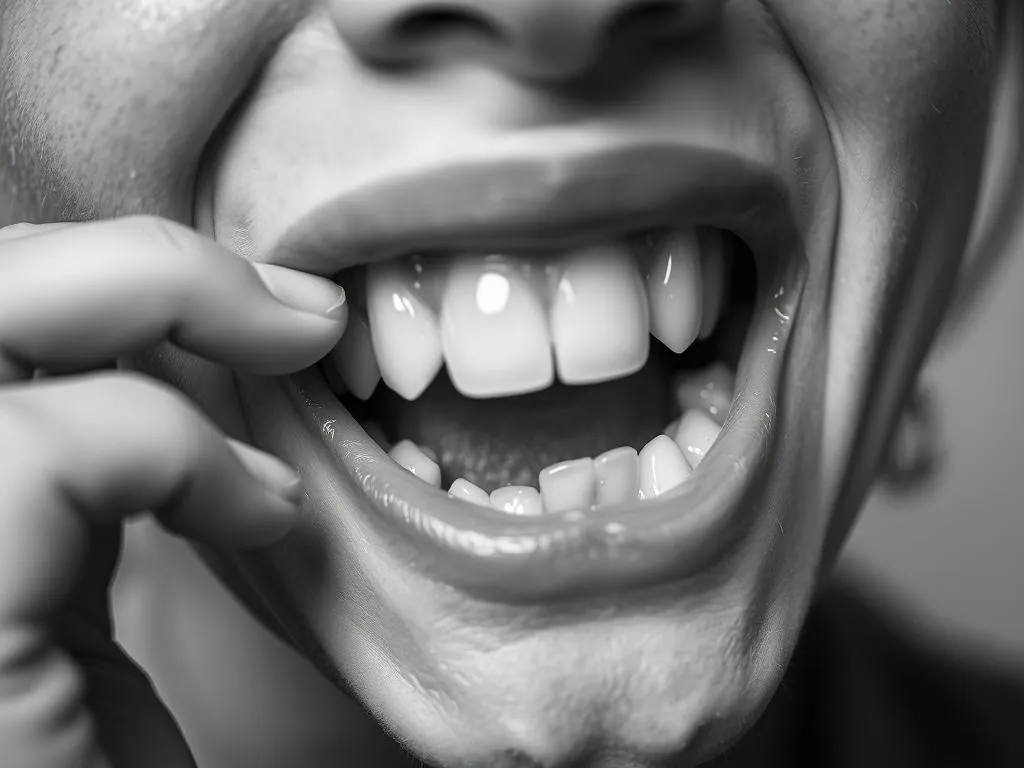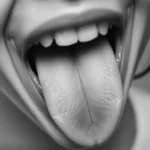Losing a Tooth Dream Meaning: Unraveling the Symbolism

Introduction
Dreaming of losing a tooth is a common experience that can leave many people wondering about its meaning and significance. These dreams can be unsettling, but understanding the losing a tooth dream meaning can provide valuable insights into our subconconscious thoughts and emotions. In this blog post, we’ll explore the various interpretations and symbolism behind this intriguing dream phenomenon.
The losing a tooth dream meaning is often associated with feelings of change, loss, and transition in our lives. These dreams can serve as a reflection of our deepest fears, anxieties, and personal growth. By delving into the meaning of losing a tooth in dreams, we can gain a better understanding of ourselves and the underlying messages our subconscious is trying to convey.
Potential Meanings of Losing a Tooth in Dreams
Losing Control or Powerlessness
One of the most common losing a tooth dream meanings is a sense of losing control or powerlessness in our lives. Teeth are often symbolic of our ability to bite, chew, and assert ourselves, so the act of losing them can represent a perceived loss of control or influence over a particular situation or aspect of our lives.
This dream might suggest that you’re feeling overwhelmed by changes or challenges that you feel you have little control over. It could also indicate a fear of losing your grip on a certain aspect of your life, such as your job, relationships, or personal goals.
Personal Transformation and Growth
Another interpretation of losing a tooth dreams is that they represent personal transformation and growth. Teeth are constantly growing and changing throughout our lives, and their loss can symbolize the shedding of old parts of ourselves to make way for the new.
This losing a tooth dream meaning might suggest that you’re going through a significant life transition, such as a career change, the end of a relationship, or the beginning of a new phase of your life. These dreams can be a reflection of your subconscious processing these changes and preparing you for what’s to come.
Anxiety and Insecurity
Losing a tooth dreams can also be a manifestation of anxiety and insecurity in our lives. The loss of teeth, which are often associated with our appearance and self-confidence, can trigger feelings of vulnerability and self-consciousness.
This dream meaning might indicate that you’re feeling anxious about a particular aspect of your life, such as your physical appearance, your performance at work, or your ability to meet the expectations of others. It could also suggest deeper-rooted insecurities that you’re struggling to address.
Aging and Mortality
For some individuals, the losing a tooth dream meaning may be linked to aging and mortality. Teeth are a physical representation of our bodies and their gradual deterioration over time, so their loss in a dream can symbolize the natural process of aging and the inevitability of death.
This interpretation might be particularly relevant if you’re approaching a significant milestone in your life, such as a birthday or retirement, or if you’ve been confronted with the mortality of a loved one. These dreams can be a way for your subconscious to process these deep-seated concerns about the passage of time and the fragility of life.
Loss and Grief
In some cases, the losing a tooth dream meaning can be associated with loss and grief. The act of losing a tooth can represent the loss of something or someone important in your life, such as a job, a relationship, or a loved one.
This dream meaning might suggest that you’re still processing the emotional impact of a recent loss or that you’re struggling to come to terms with a significant change in your life. These dreams can be a way for your subconscious to work through the grieving process and help you find a sense of closure.
Factors That Influence the Meaning of Losing a Tooth Dreams
When interpreting the meaning of losing a tooth dreams, it’s important to consider the specific details and context of the dream, as well as your own personal experiences and emotions. The following factors can help provide a more nuanced understanding of the losing a tooth dream meaning:
-
Teeth Condition: The condition of the teeth in the dream, such as whether they’re loose, cracked, or falling out, can offer clues about the underlying meaning. For example, if the teeth are healthy and simply fall out, it might suggest a more positive change or transition, while teeth that are damaged or painful could indicate a more negative or stressful situation.
-
Emotional Response: Your emotional reaction to losing the tooth in the dream can also be significant. If you feel distressed or anxious, the dream might be reflecting deeper concerns or insecurities. Conversely, if you feel a sense of relief or acceptance, the dream could be a sign of personal growth or the release of something that was holding you back.
-
Dream Scenario: The specific context and events surrounding the tooth loss in the dream can provide additional clues. For instance, if the tooth is lost in a public setting, it might suggest concerns about your appearance or social standing, while a dream in which you intentionally pull out a tooth could represent a desire for change or control.
-
Personal Associations: Your own personal experiences, beliefs, and associations with teeth and tooth loss can also shape the meaning of losing a tooth dreams. Consider how you’ve felt about dental issues or changes in your own life, as these personal factors can significantly influence the interpretation of the dream.
Interpreting Your Own Losing a Tooth Dreams
When it comes to interpreting the meaning of losing a tooth dreams, it’s important to remember that there is no one-size-fits-all interpretation. The losing a tooth dream meaning can vary greatly depending on the individual and the unique circumstances of the dream.
To better understand the meaning of your own losing a tooth dreams, try the following steps:
-
Reflect on the details: Carefully consider the specifics of the dream, such as the condition of the teeth, the emotional response, and the overall scenario.
-
Identify any personal associations: Think about your own experiences, beliefs, and feelings related to teeth and tooth loss, as these can significantly influence the interpretation.
-
Consider the context of your life: Examine any significant changes, challenges, or events you’ve been experiencing in your waking life that might be reflected in the dream.
-
Explore your emotions: Pay attention to the feelings you experienced during the dream, as they can provide valuable insights into the underlying meaning.
-
Trust your intuition: Ultimately, you are the best interpreter of your own dreams. Trust your instincts and the insights that resonate most with you.
By taking the time to thoughtfully explore the meaning of losing a tooth dreams, you can gain a deeper understanding of your subconscious thoughts, emotions, and the personal growth you may be experiencing.
Conclusion
The losing a tooth dream meaning is a complex and multifaceted topic that can offer valuable insights into our inner lives. Whether the dream represents a sense of losing control, personal transformation, anxiety, aging, or grief, understanding the underlying symbolism can help us navigate the challenges and changes we face in our waking lives.
By exploring the various interpretations and considering the unique details of our own dreams, we can gain a better understanding of ourselves and the messages our subconscious is trying to convey. Remember, there is no one-size-fits-all interpretation, and the meaning of losing a tooth dreams is highly personal and subjective.
If you continue to have recurring losing a tooth dreams or find them particularly distressing, it may be helpful to consult with a mental health professional or a dream interpretation specialist who can provide additional guidance and support. Ultimately, the losing a tooth dream meaning is a fascinating and insightful window into our inner world, and embracing its exploration can lead to greater self-awareness and personal growth.








